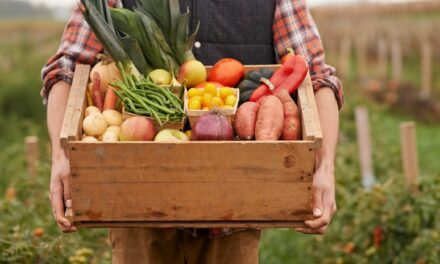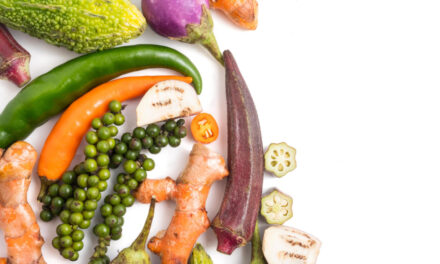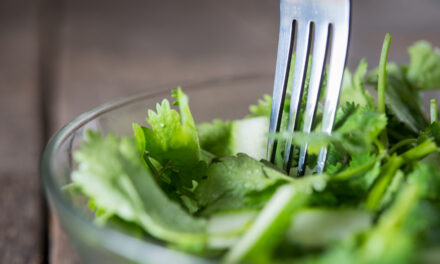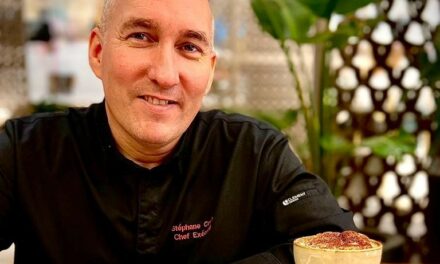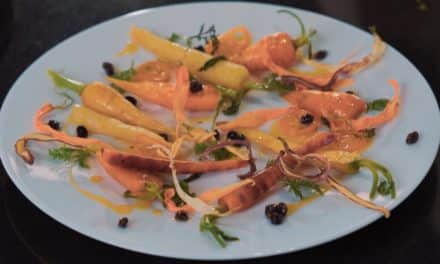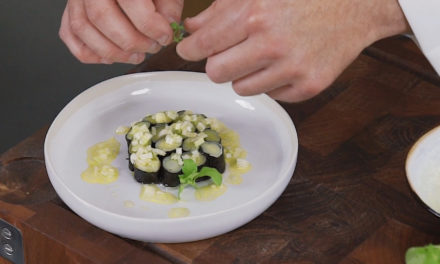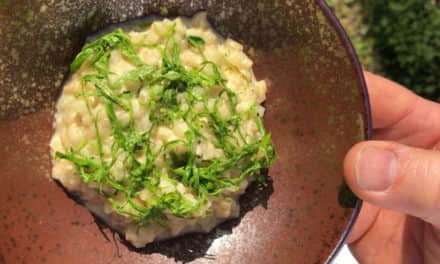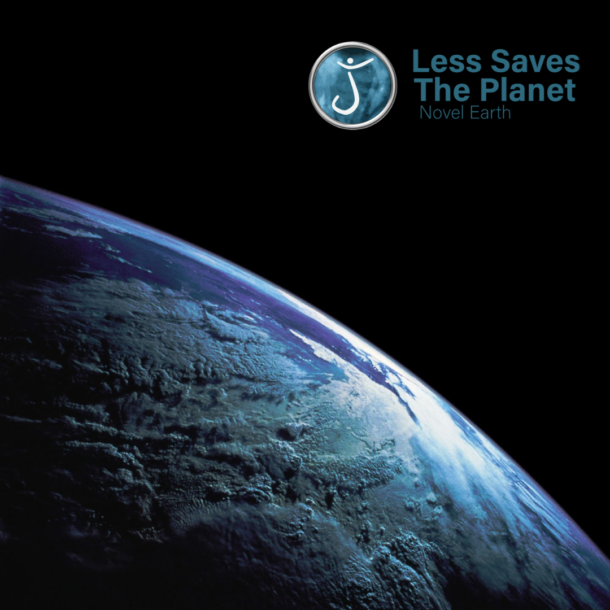
The Geneva Hotel School
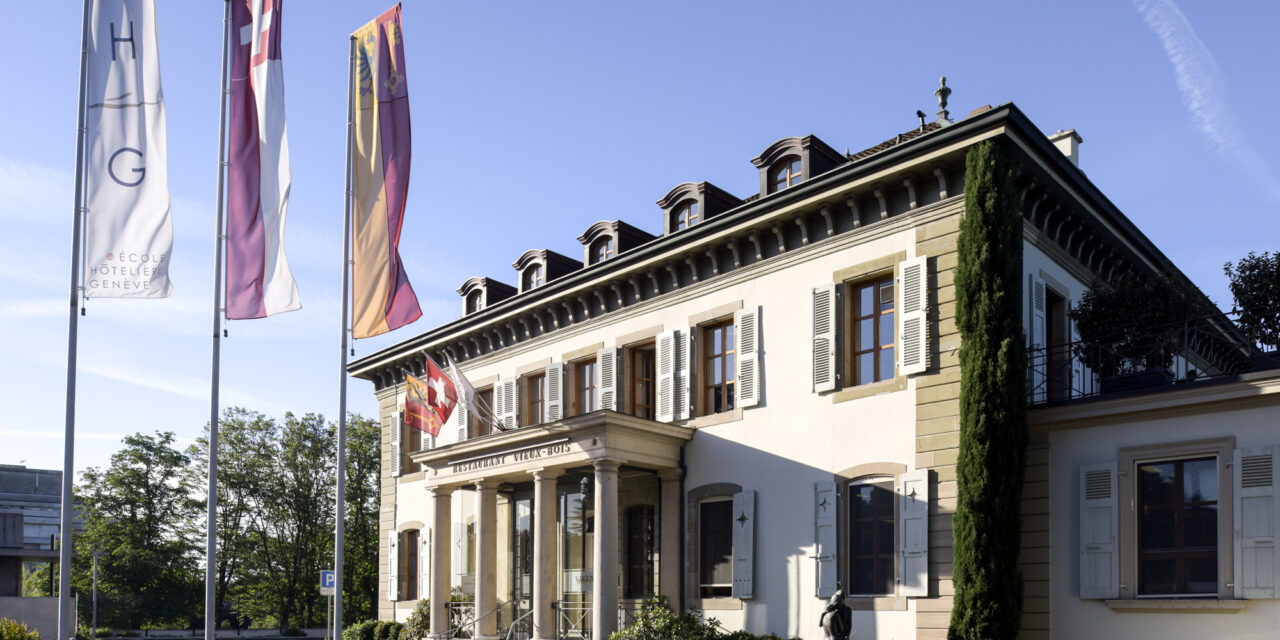
For over 100 years, the GENEVA HOTEL SCHOOL has been training the future of the hotel, restaurant and high-end service industry. Under the direction of Susanne welle, the EHG has been awarded the Less Saves the Planet label and is committed to the preservation of the environment and drinking water. A great place for gastronomy, the Chef of the kitchens, Stéphane Faval, offers us today an exquisite potato recipe worthy of the school!
It is on the shores of Lake Geneva that students acquire all the managerial skills required in the space of 3 years. Moreover, this Geneva-based establishment is fully aware of environmental issues: priority is given to local and seasonal products as well as numerous green initiatives.

A rigorous, comprehensive and fun school
Located 10 minutes from the center of Geneva, in the heart of international organizations and diplomacy, the EHG has a clear mission: “Excellence in the service of the profession”.
The “ES” diploma in hotel management allows students to reach the highest level of their profession:
– Integrate and apply all the codes of excellence in the hotel industry
– Become a hotel manager with the required operational skills
– Possess the fundamentals of hotel and restaurant marketing
– Assimilate the digital skills required in the hotel industry
The hotel industry is a rich environment with a lot of opportunities! This is the strength of the EHG to offer a complete and in-depth training. Everything is done to facilitate the insertion of their students in the job market: banks, tourist offices or insurance companies. The skills of the Ecole hôtelière de Genève are applicable everywhere and in all sectors of work.
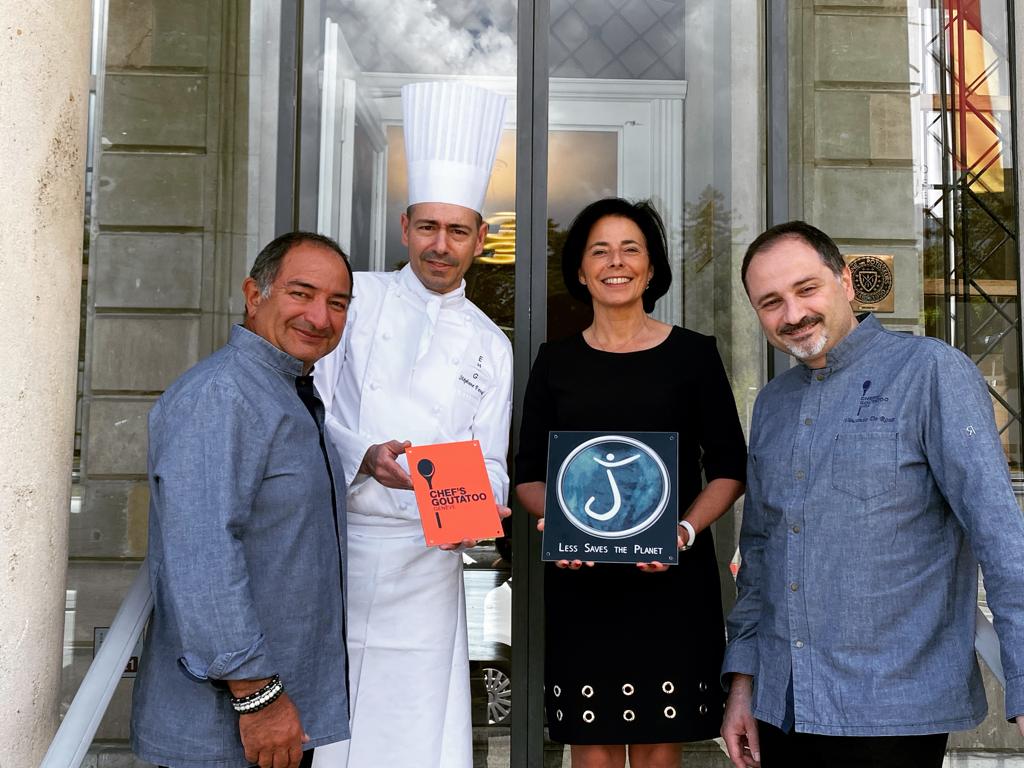
The EHG, a school with an environmental mindset
The hotel and restaurant sector offers many services: excellent restaurants, impeccable rooms with perfect bedding and a staff that listens to all your requests. In order to preserve this level of service and well-being while respecting the environment, the EHG trains its students to think “environmentally” and sets an example within the establishment itself.
Eating a balanced diet is essential for our health, but eating well also involves the origin and quality of our food. Following the seasons and eating locally allows us to effectively reduce our carbon footprint on our dear planet!
The menu of the restaurant of the Ecole Hôtelière de Genève is composed of 80% Swiss products. The school highlights the richness of the Swiss terroir with fresh and seasonal foods. Zucchini flowers and cardoons from the Gallay house, a market gardener in Geneva, and an aromatic herb garden cultivated around the school. Sage, rosemary or mint to season the delicious dishes of the EHG restaurant.
The EHG’s environmental thinking also includes circular thinking and systems:
- limiting waste: reducing the use of plastic
- saving energy costs: electricity and water
The Ecole Hôtelière de Genève is leading by example and continues to train a new generation that is attentive to the needs of their future clients and the environment.
In the world of cooking for 30 years now, Chef Stéphane Faval obtained his master’s degree in culinary arts in 1997 at the La Palme training center. The young chef at the time had a clear objective: to be at the head of his own brigade.
His dream became reality in 2008 when he became Chef de cuisine at Cavalier Sarl, where he stayed for 6 years. At the same time, Chef Stéphane obtained a second diploma, this time a federal diploma in cooking and culinary arts. An ambitious Chef since the beginning of his career and determined to obtain everything he wants!
In 2014, Chef Faval left the Cavalier Sarl to become a chef at the Geneva Hotel School where he set down his luggage. Since then, the Chef has impressed us with his innovative dishes. Today, he offers us a potato recipe unlike any other… Bon appetit!
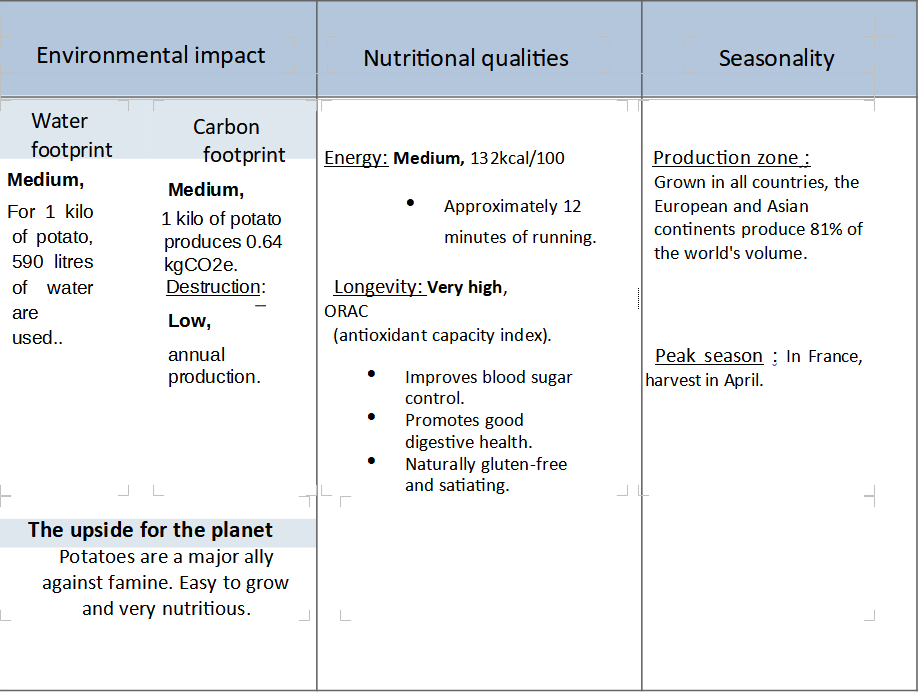
Braised Potatoes with Lovage
Potatoes are known to be very popular in Swiss cuisine. The Swiss eat about 45 kg of potatoes per capita. They contain 77% water and only 0.2% fat. The carbohydrates are primarily made up of starch, which is why potatoes are so satiating. These nutrients are supplemented by potassium and dietary fiber. Finally, potatoes are an important source of vitamin C.
Lovage is a herbaceous plant that grows in the Alps.
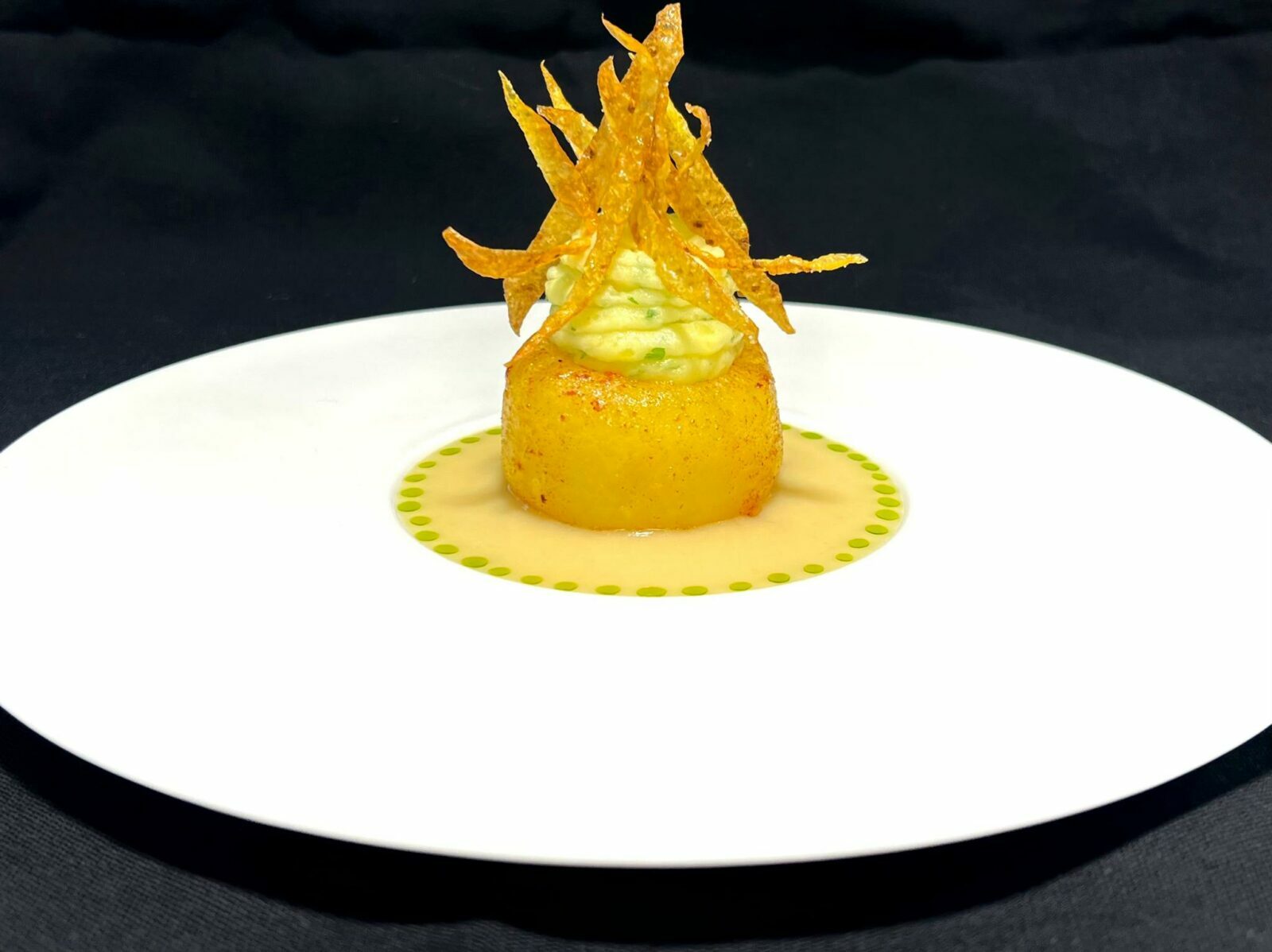
Recipe for 4 people
Braised potato:
- 4 pieces of mealy potatoes (Victoria)
- QS: vegetable broth
- 5g of lovage
- 30g of walnut oil
- Bex salt
Wash the potatoes. Peel them and put the peelings in water to make the chips. Turn the potatoes to obtain an oval shape. Set aside the peelings for the coulis. Put the potatoes in a baking dish. Add ¾ of the broth and the 10g of walnut oil. Season with salt. Braise in the oven for 45 minutes at 160°C. Baste every 10 minutes to glaze them. Add broth if necessary. When the potatoes are melted and cooked, scoop out the center with a melon baller. Mix the pulp with a fork. Relax with vegetable broth. Add 10g of walnut oil and the chopped lovage. Stuff and make a dome on each potato.
Lovage oil:
- 50g of lovage
- 20g of walnut oil
Wash and blanch the lovage leaves. Cool them in ice water. Blend in a blender with the walnut oil. Strain through a coffee filter. Set aside in a pipette.
Potato coulis
Boil the potato trimmings for 20 minutes with vegetable stock. Blend then add 10g of walnut oil. Adjust the seasoning. Strain through a cheesecloth. You should obtain the consistency of a pomade. You can relax it with some broth if necessary. Set aside.
Potato chips
Wash the potato skins and cut them into thin strips. Fry them at 140°C for 5 minutes. Salt them and set them aside.
Assembly
Place the coulis in a mirror. Place the braised potato in the center. Decorate with the chips. Finish by adding dots of lovage oil. Enjoy your meal…
The Geneva hotel school
12 avenue de la paix
+41 22 919 24 24
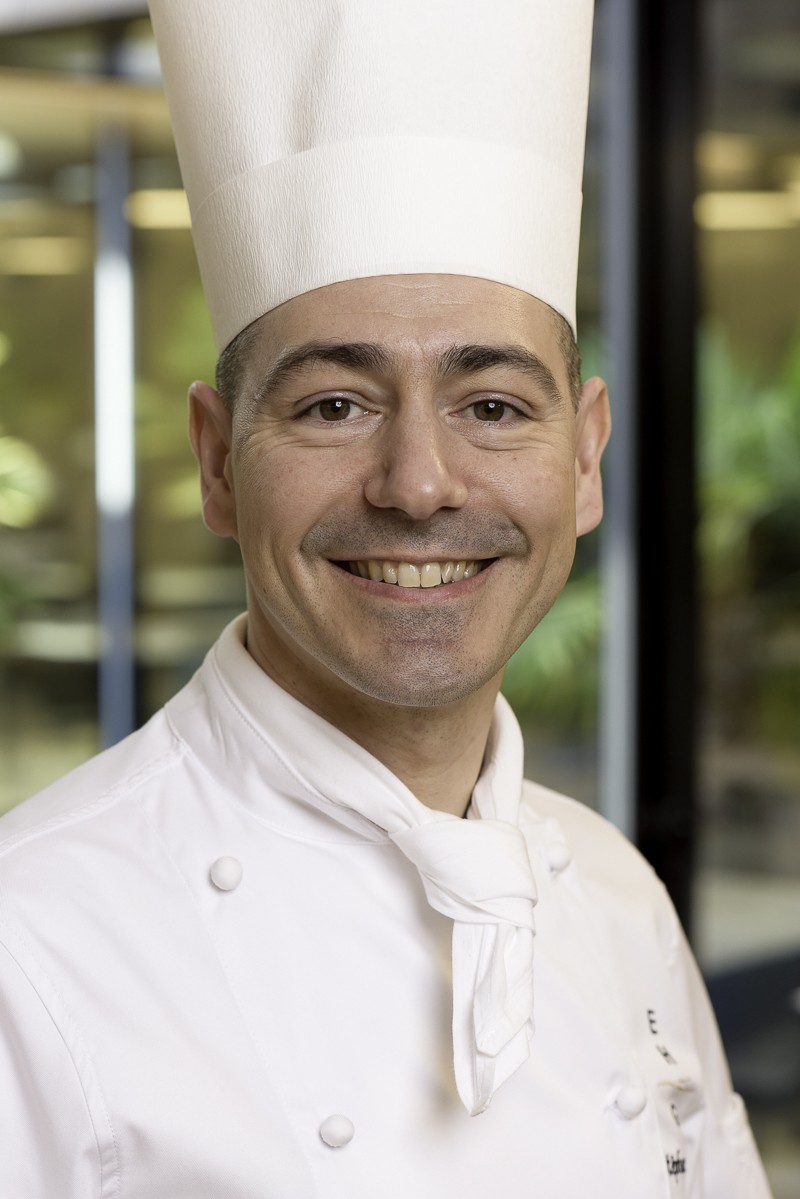
To find all our news, find us on Instagram and on our Twitter account.
We publish daily on our social networks so that you can be up to date every day. You can also share our content on your own networks from the options at the bottom of the page!
See the article on ANTS, NATURAL PESTICIDES
The preservation of clean water and access to it for all is at the heart of Less Saves The Planet’s commitments. You can now read Chapter 4 SAVING WATER AND THE EARTH from our book Less Saves The Planet available for free. The entire book is also available on our website.
See you soon for our next article!


